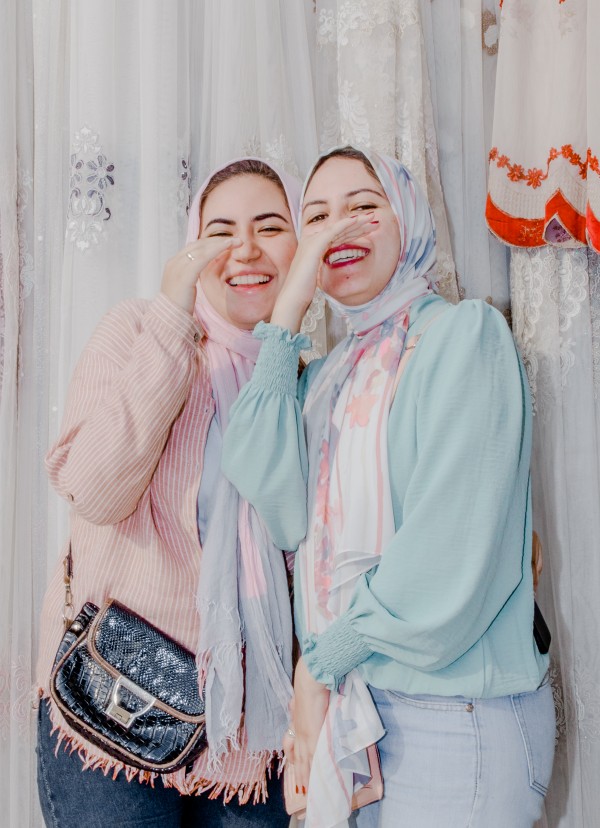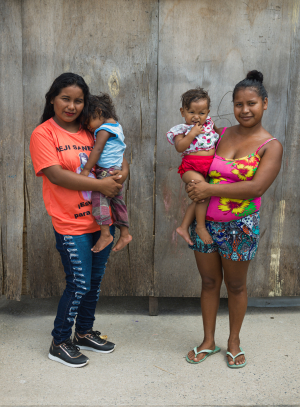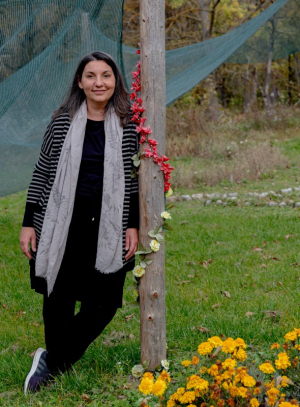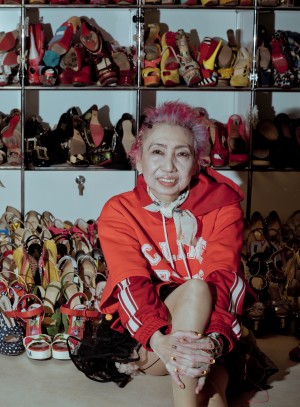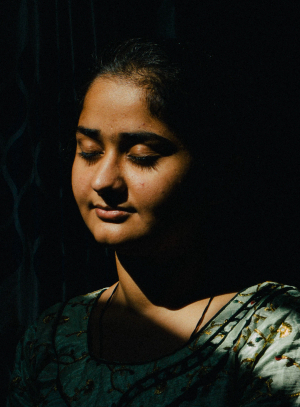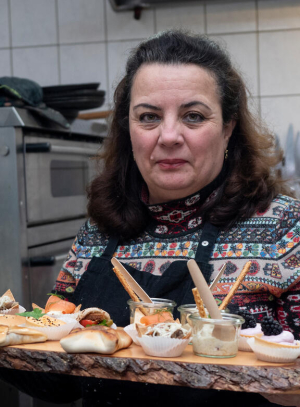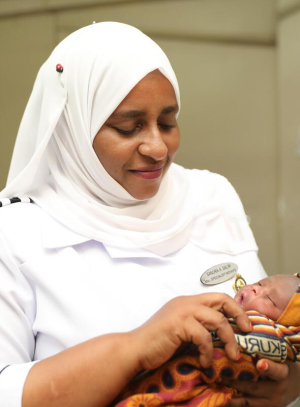
Egypt
Women take the lead in sex education
“Mothers are the schools” is an old Egyptian saying. Mothers are our first teachers, offering a window into life.
The late, great Egyptian physician Dr. Nawal el-Saadawi recognized this – and spent a lifetime devoted to female empowerment in traditional patriarchal social structures.
Now, a generation of young, creative women are following in her footsteps.
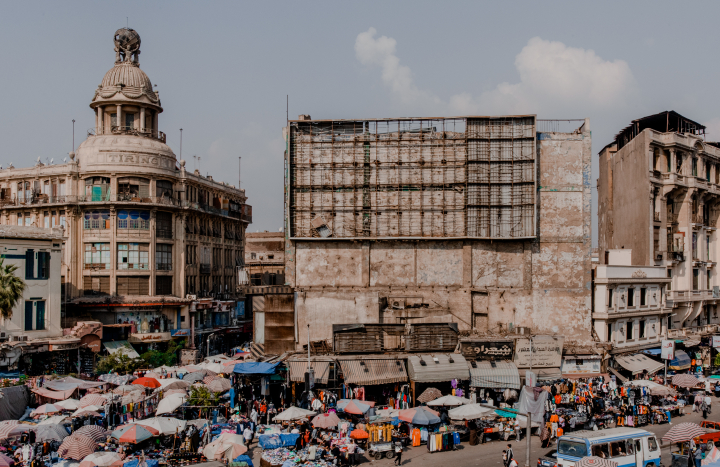
In 2019, a media platform called Motherbeing was launched to address sex education and reproductive health, using music, video and creativity to reach an important audience – the millions of Egyptian women who aren’t sure how their bodies actually works.
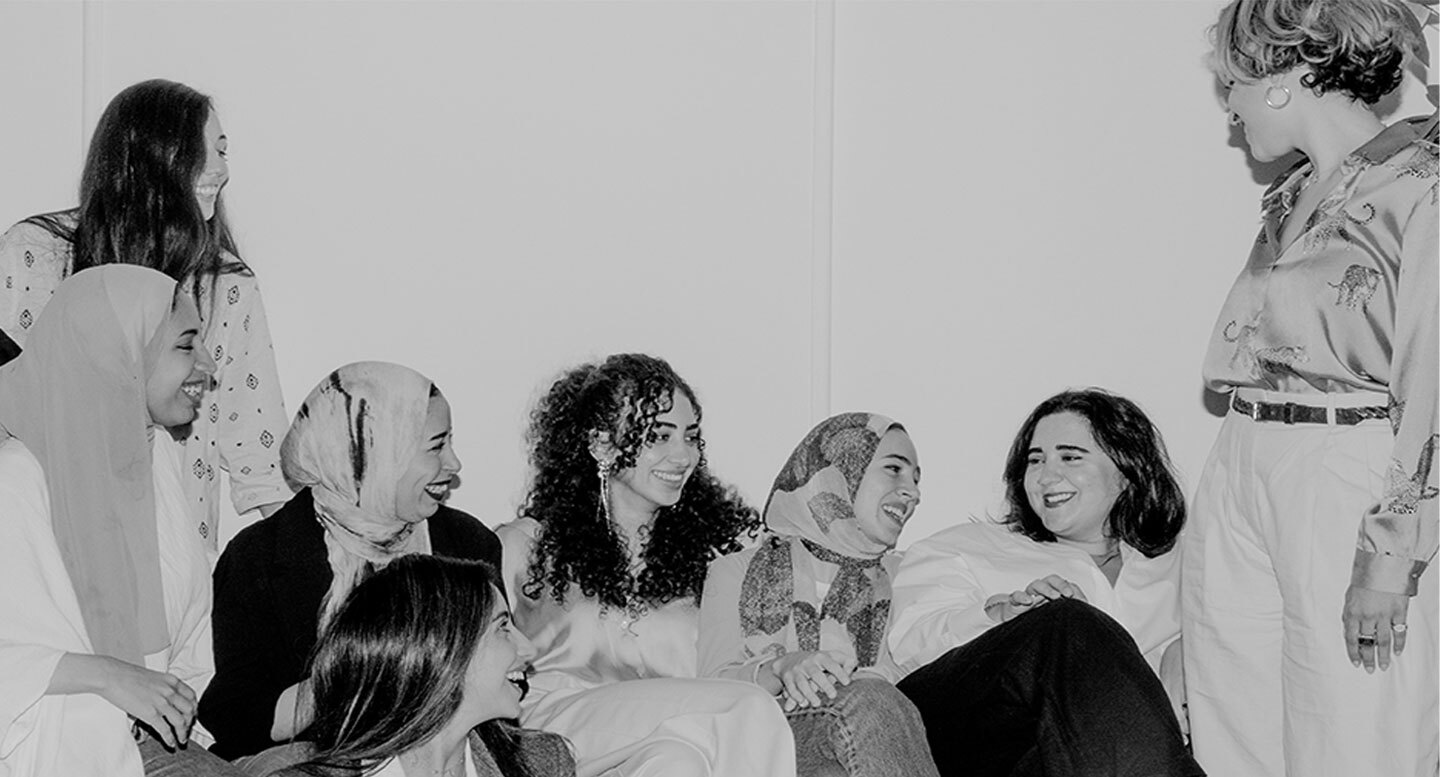
“I need to create content that’s relatable, that’s easy, that’s casual,” says Motherbeing’s founder, Nour Amam, a doula and sex educator.
Nour created Motherbeing after experiencing postpartum depression. She was motivated by what she calls her “driving passion for knowledge” – producing videos that demonstrate everything from how to use a menstrual cup to how to find pleasure after female genital mutilation (FGM).
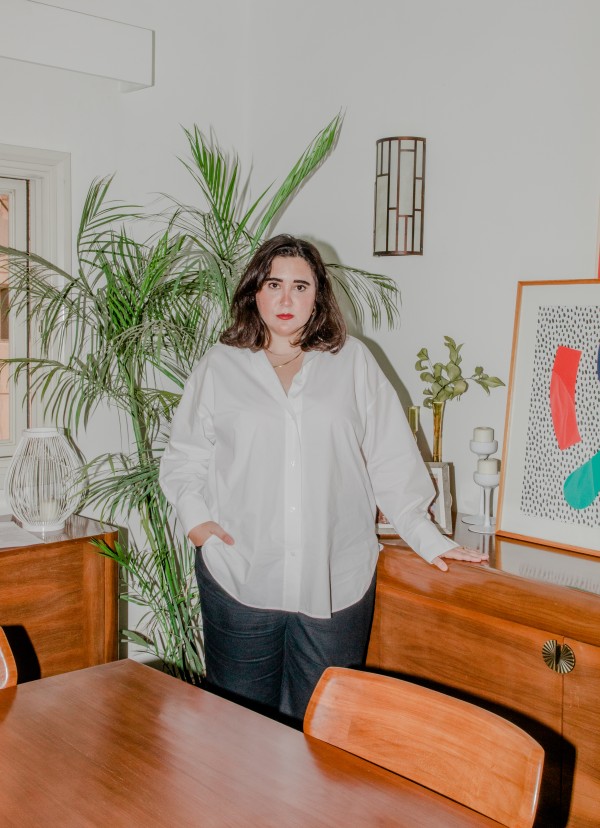
When it comes to reproductive health, Nour wants women to make informed, science-based choices.
Tagged as “Modern Health for Arab Women”, the platform now has nearly 1.4 million followers across Instagram, Facebook and TikTok. Nour’s work has rapidly spread across the Arab-speaking world, teaching women “what they don’t teach us about our bodies at school.”
Motherbeing aims to reach women at all stages of life – from puberty to menopause – in an effort to demystify and destigmatize sexual and reproductive health information.
Since the launch of Motherbeing, other websites have taken off – Mauj (“Wave” in Arabic), available in Arabic and English throughout the Middle East, poses questions like: “What does sexuality mean to you?”
Its founders have a clear message: “Mauj is the sex education we never got and wish we had. We can’t and don’t want to do it alone, so we’re inviting Arab women on our journey. Together, we can reclaim the conversation around our bodies and begin to shift our collective narrative.”
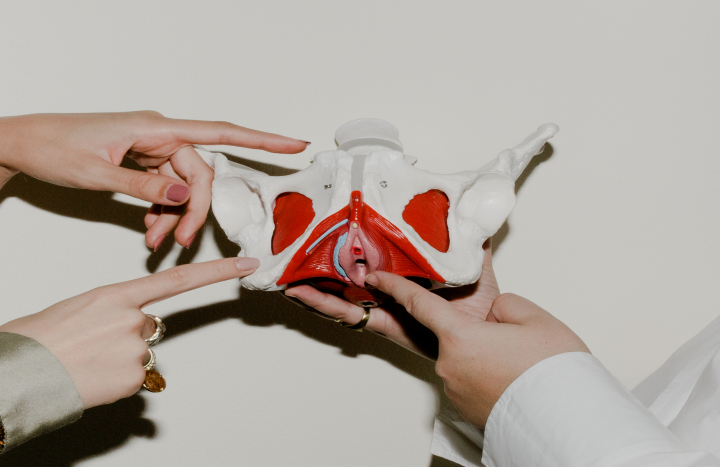
Since young Egyptians rely on social media – with the Tahrir Square revolution basically orchestrated on Facebook – young women are taking the lead in spreading reliable information to millions of other women throughout the country.
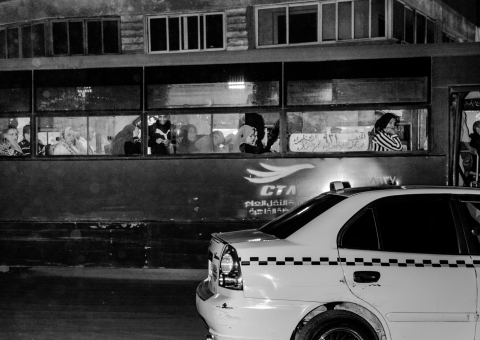
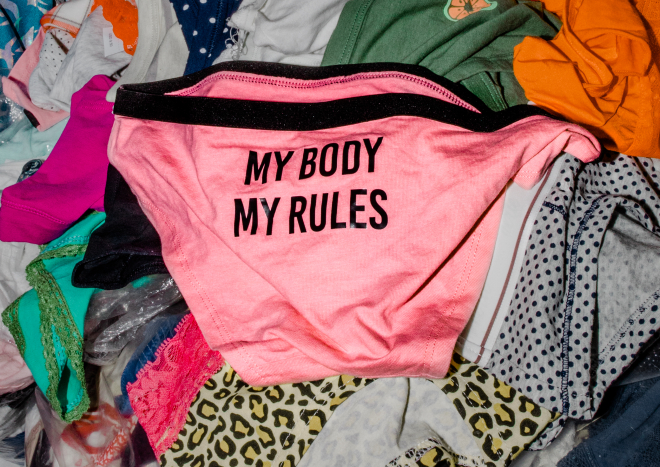
Egypt is one of 8 countries that will drive half of population growth through 2050. Fertility rates remain high, amidst limited access to vital information and services for women’s health.
As they provide that information, these platforms highlight the message that rising populations in Egypt are nothing to fear: more people means more opportunity.
